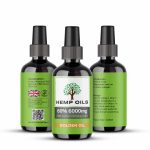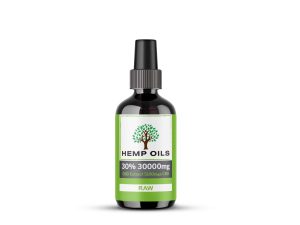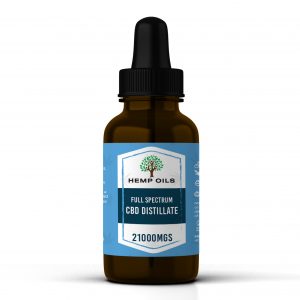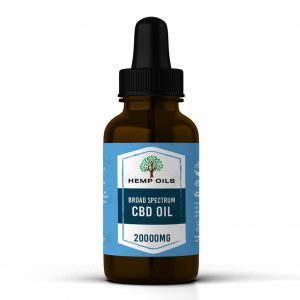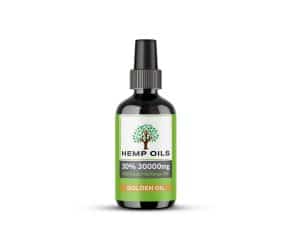Hemp seed oil has gained popularity in recent years due to its potential health benefits. It is derived from the seeds of the hemp plant and is rich in essential fatty acids, antioxidants, and other beneficial compounds. However, determining the appropriate dosage of hemp seed oil can be a bit challenging. In this article, we will explore the recommended daily intake of hemp seed oil, factors to consider for proper dosage, and potential benefits and side effects.
Understanding Hemp Seed Oil
Hemp seed oil is extracted by cold-pressing the seeds of the hemp plant, also known as Cannabis sativa. It contains a balanced ratio of omega-3 and omega-6 fatty acids, making it an excellent source of these essential fats. Additionally, hemp seed oil is rich in vitamins, minerals, and antioxidants, which contribute to its potential health-promoting properties. It is important to note that hemp seed oil does not contain THC, the psychoactive compound found in marijuana, making it safe for consumption.
Recommended Daily Intake of Hemp Seed Oil
The recommended daily intake of hemp seed oil varies depending on individual factors, such as age, weight, and overall health. However, a general guideline is to consume 1-2 tablespoons (15-30 milliliters) per day. This amount provides an adequate supply of essential fatty acids and other nutrients. It is advisable to start with a lower dosage and gradually increase it to assess your body’s response.
Factors to Consider for Proper Dosage
Several factors should be considered when determining the proper dosage of hemp seed oil. These include the individual’s health condition, the desired outcome, and any medications they may be taking. If you have any underlying health issues or are on prescribed medications, it is crucial to consult with a healthcare professional before incorporating hemp seed oil into your daily routine. They will be able to provide personalized advice based on your specific needs.
Potential Benefits and Side Effects
Hemp seed oil offers numerous potential benefits for overall health and well-being. The omega-3 and omega-6 fatty acids present in hemp seed oil have been linked to improved cardiovascular health, reduced inflammation, and enhanced brain function. It may also support healthy skin, nails, and hair due to its moisturizing and nourishing properties. However, it is worth noting that individual experiences may vary, and scientific studies are still ongoing to validate these claims.
As with any dietary supplement, there is a possibility of side effects when consuming hemp seed oil. Some individuals may experience digestive discomfort, such as diarrhea or stomach cramps, especially when consuming excessive amounts. Additionally, hemp seed oil may interact with certain medications, so it is crucial to consult with a healthcare professional if you have any concerns.
Determining the appropriate dosage of hemp seed oil is an important aspect of incorporating it into your daily routine. While a general guideline of 1-2 tablespoons per day is recommended, it is crucial to consider individual factors and consult with a healthcare professional if needed. By doing so, you can enjoy the potential benefits of hemp seed oil while minimizing the risk of adverse effects. Remember that everyone’s body is unique, so it is essential to monitor your body’s response and adjust the dosage accordingly.
